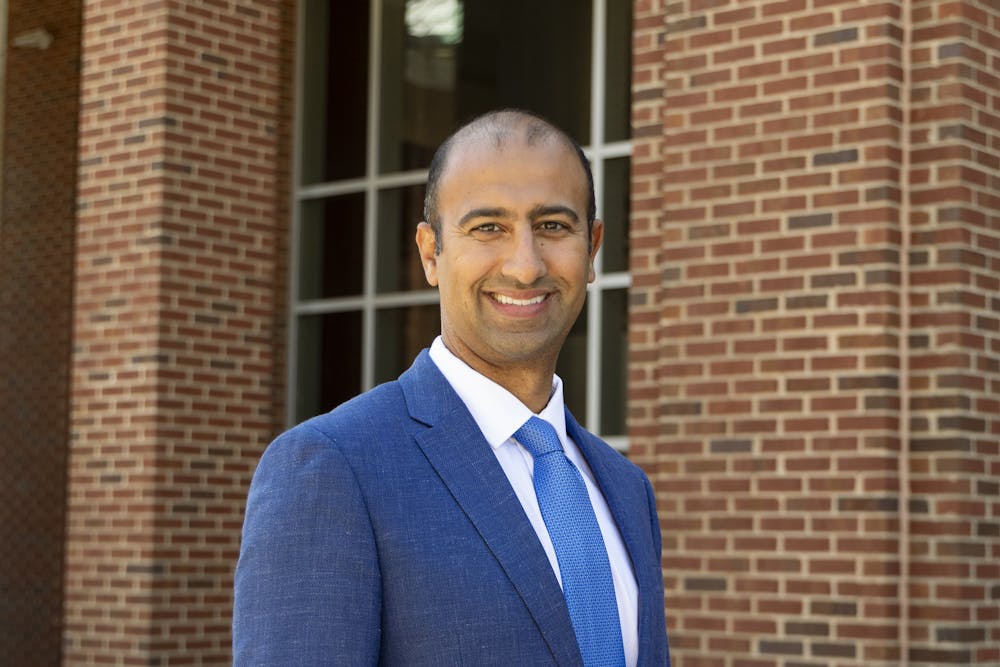As researchers continue to study outcomes of COVID-19, a new center at UNC is researching the equity and sustainability of virtual health care services.
UNC launched a project to establish a center focused on virtual health care on Aug. 1 — the Center for Virtual Care Value and Equity (ViVE). The University received a $3.7 million grant from the National Institutes of Health’s National Center for Advancing Translational Sciences to fund a five-year plan to establish the center.
ViVE is led by Saif Khairat, an associate professor in the UNC School of Nursing and associate director of the Carolina Health Informatics Program.
Khairat said making telehealth more accessible for underserved populations, especially those in rural North Carolina, is important to the center. He also emphasized improving telehealth's financial sustainability.
“We learned a lot from the pandemic, and one of the lessons that we learned was, although telehealth can bridge disparities, it can also cause inequities,” Khairat said. “Certain populations, if not involved in the design and the implementation of virtual care programs, can be left behind.”
Khairat said that different communities find challenges when it comes to accessing health care. He noted many rural residents face long hospital commutes, but they can utilize telehealth as an alternative way to meet with healthcare providers.
But while many groups benefit from virtual health services, issues like lack of internet access and language barriers can steer patients away from telehealth.
David McSwain, a co-investigator on the project and professor at the UNC School of Medicine, said virtual health care services have been evolving for decades but quickly expanded during the pandemic.
McSwain said there is a wide variety of telehealth services, and one benefit is creating more service options for patients with chronic and complex diseases who require “sustained interaction with the health care system.”



